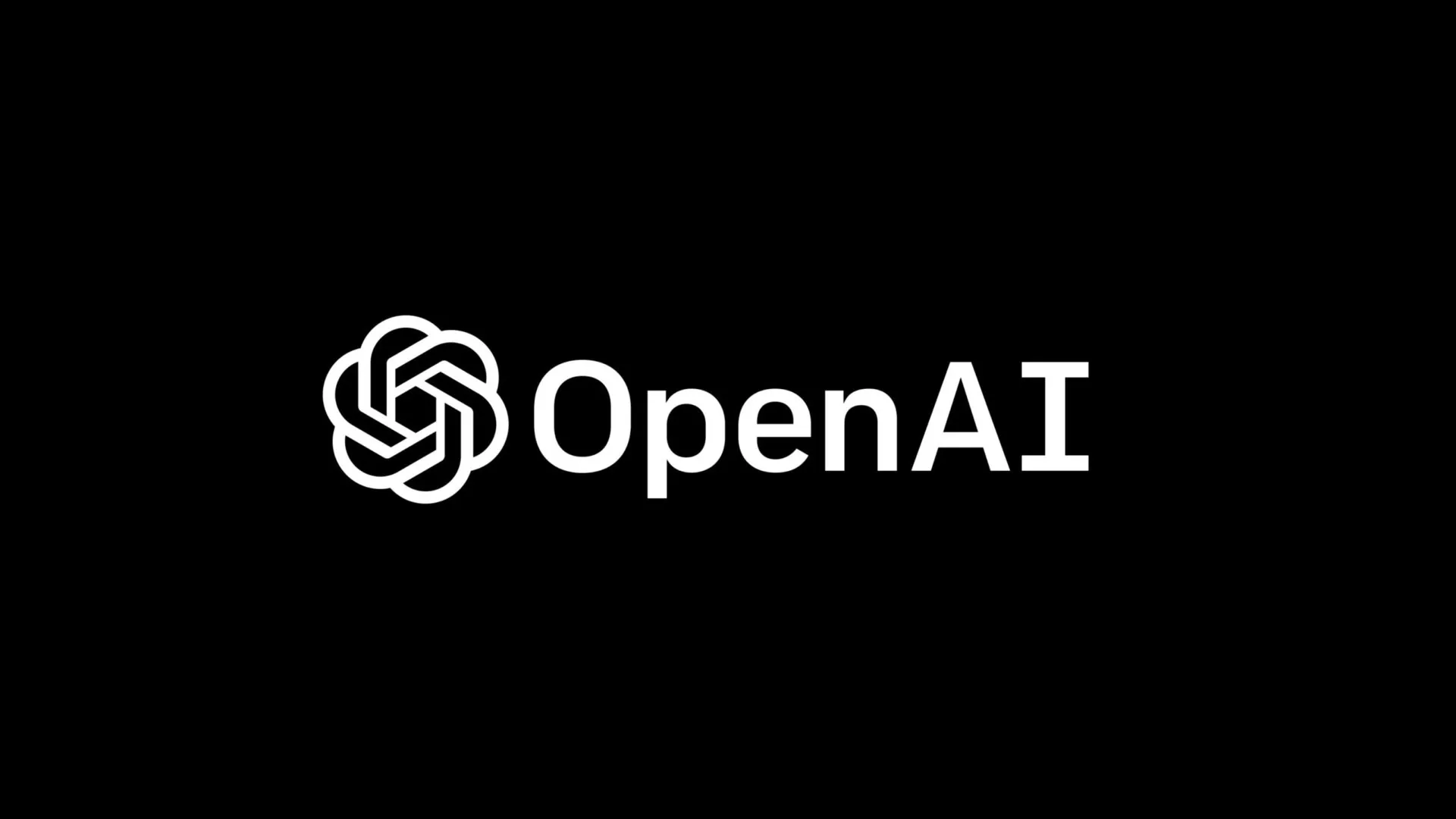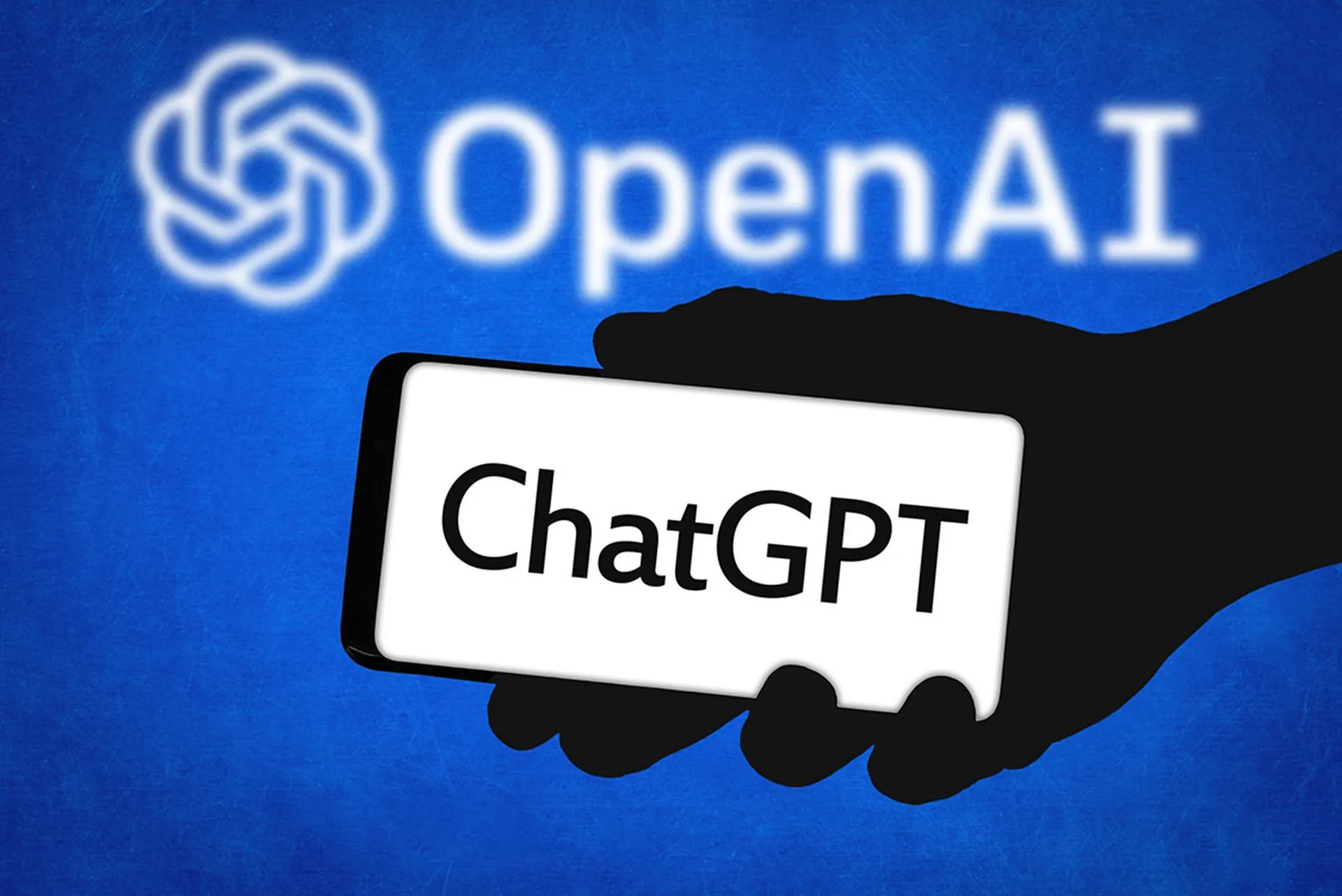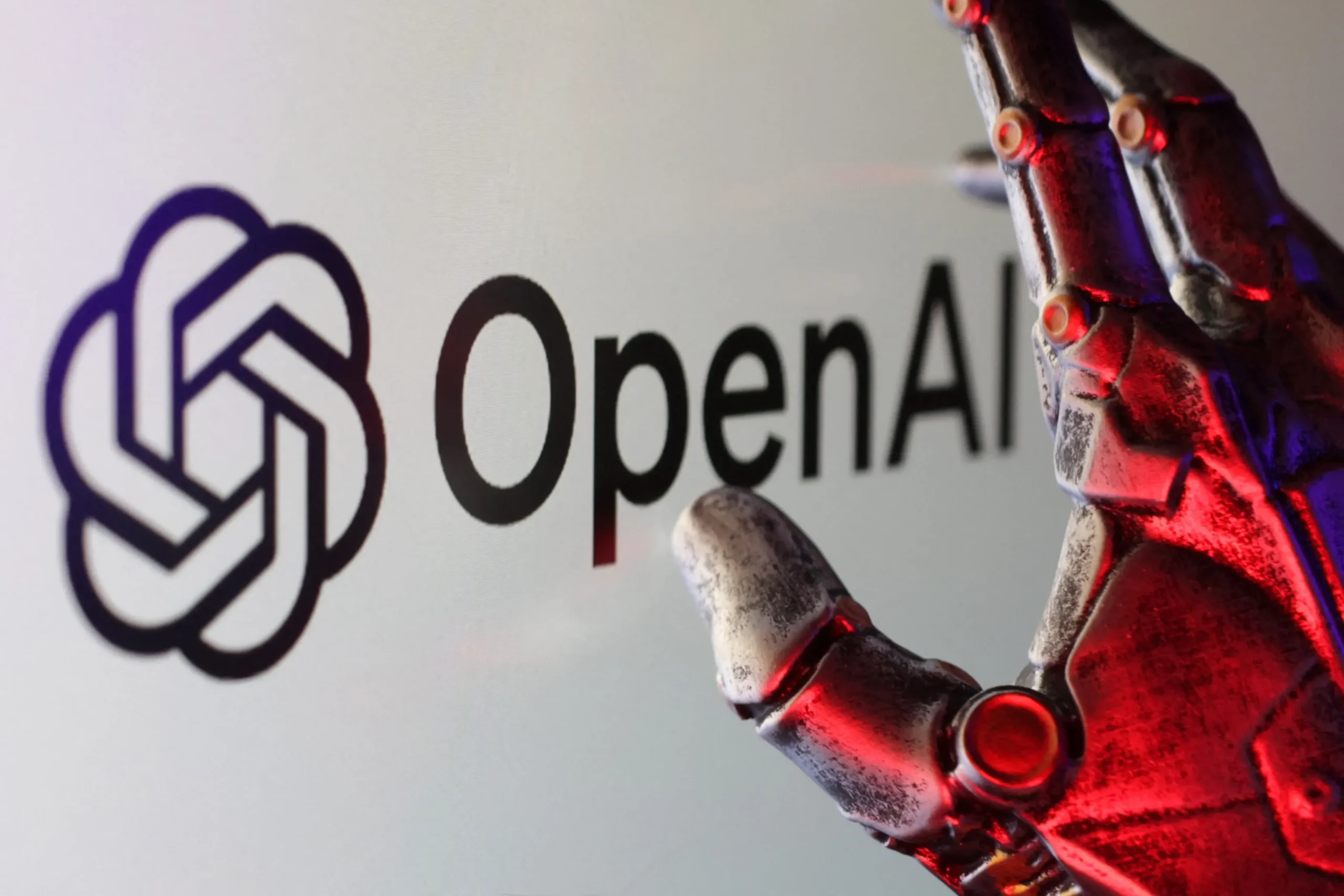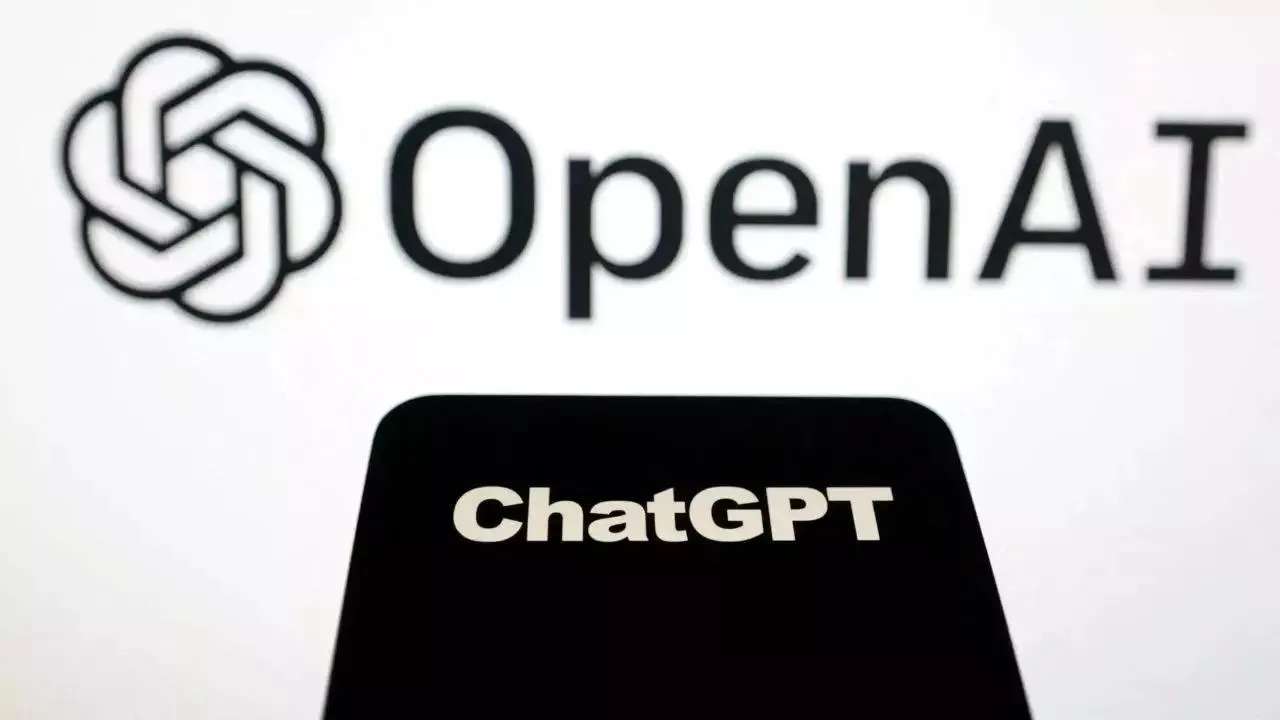In a recent announcement, OpenAI revealed exciting updates to its AI voice assistant feature, Advanced Voice Mode, making the assistant more engaging and less intrusive during conversations. This update promises to enhance the user experience significantly, addressing a common frustration with AI voice assistants — interrupting users during moments of silence or contemplation.

Tackling Interruptions in Real-Time Conversations
OpenAI’s latest changes come as part of their ongoing efforts to refine the interaction between users and AI. The company’s post-training researcher, Manuka Stratta, shared the details of these upgrades in a video released on Monday. According to Stratta, the goal is to make AI interactions feel more natural by allowing users to pause without fear of the assistant cutting them off. Whether you’re taking a moment to think or even just taking a deep breath, these updates ensure that your AI assistant respects your speaking rhythm, making the conversation smoother and more intuitive.
The updates reflect OpenAI’s responsiveness to a significant issue faced by many users of AI voice assistants. With this enhancement, users can now engage with the AI assistant in a more relaxed and organic manner, knowing that their pauses won’t be interrupted unnecessarily.

A Personal Touch for Paying Users
While all ChatGPT users benefit from this latest update, paying subscribers—whether on the Plus, Teams, Edu, Business, or Pro plans—are receiving additional features that elevate the interaction even further. As part of this new update, these users will notice fewer interruptions when speaking with the AI assistant. This improvement is intended to make the AI’s responses feel more personalized and less robotic.
Furthermore, paying users can look forward to a refined personality in the voice assistant. An OpenAI spokesperson explained that the new voice is “more direct, engaging, concise, specific, and creative in its answers.” This change is designed to offer a more dynamic and engaging conversation, mimicking the conversational nuances typically expected from human interactions.

Competitive Pressure and the Rise of AI Voice Assistants
OpenAI’s latest improvements come at a time when the AI voice assistant market is becoming more competitive. Rival companies are stepping up their game, aiming to offer more sophisticated and human-like voice interactions. One such competitor is Sesame, a startup backed by Andreessen Horowitz and founded by Oculus co-founder Brendan Iribe. Sesame’s AI voice assistants, Maya and Miles, have garnered significant attention for their natural-sounding voices and seamless interactions, making waves in the industry.
On the other hand, Amazon, one of the giants in the voice assistant market, is also pushing forward with its own advancements. The company is preparing to roll out an LLM-powered version of Alexa, which will bring enhanced features to its voice assistant, further intensifying the competition.
With these advancements in AI voice technology, OpenAI is making it clear that it intends to stay at the forefront of the space by continuously improving the user experience and providing engaging, realistic interactions that meet the growing demand for more intuitive, human-like voice assistants.

What’s Next for AI Voice Assistants?
The latest improvements to Advanced Voice Mode are just the beginning of what could be a significant transformation in how we interact with AI assistants. As the competition heats up, it’s likely that we will see more personalized, nuanced, and advanced features rolled out across various platforms. OpenAI’s commitment to creating a more human-like interaction with its voice assistant is a step in the right direction for AI technology, making conversations with machines feel increasingly natural and effective.


